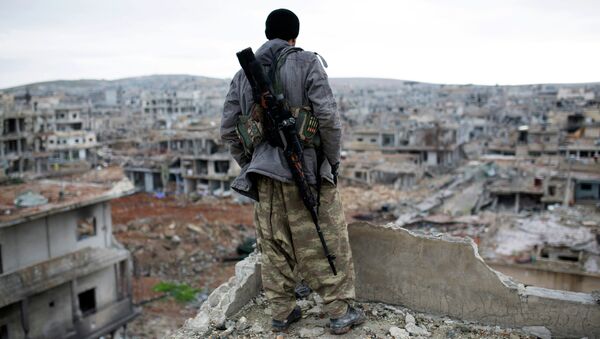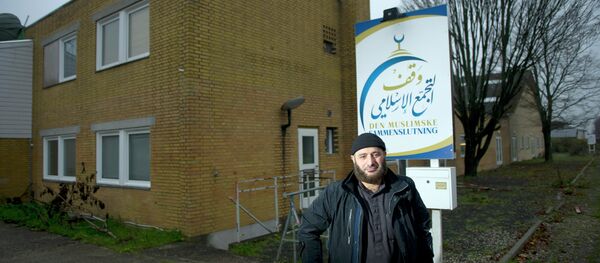Karolina Dam set up the 'Sons and Daughters of the World' network, aimed at identifying the symptoms of extremism, after her 18-year-old son Lukas was killed by an American airstrike while fighting alongside ISIL forces in northern Syria in December.
According to Dam, her son — who suffered from autism and attention deficit disorder — was radicalized by an extremist mechanic at his workplace, highlighting the dangers of how some vulnerable young people are preyed upon.
Copenhagen based Karolina Dam says her son Lukas was "blown-up" on Boxing Day last year while fighting in Syria #rtpt pic.twitter.com/byhEh4LQKT
— RadioLIVE Newsroom (@LIVENewsDesk) April 19, 2015
Lukas left for the Middle East in mid-2014, however Ms Dam only found out about her son's death when she saw death notices posted on an ISIL Facebook page, and has not yet had official confirmation of his death.
Karolina Dam unfortunately had to read about her son's death on IS little public martyr worship pages on FB pic.twitter.com/wBR8Evyt6R
— Issa (@issa_kobani) January 5, 2015
"I don't want to classify my son as a terrorist because he's not, my boy is the victim in all this," she said.
"He has been manipulated, he has been abused and pushed into this fight that he and others can't win."
Spread the Word
In order to try and prevent the same thing happening to other families, Dam has set up her own network which she hopes will inform parents about the signs of radicalization.
The network's Facebook page focuses on spreading awareness of the dangers of extremism, saying "they are being radicalized towards a fight they can't win, please help and spread the word."
Despite Denmark operating many internationally acclaimed de-radicalization programs, Ms Dam said she was unaware of the facilities prior to her son leaving for Syria, and is intent on reaching out to as many people as she can.
She says that more preventative measures, including widespread community involvement, should be taken to identify those at risk of becoming exposed to extremist rhetoric.
It's estimated that about 150 young Danish people have left Europe to fight alongside jihadist groups in Syria and Iraq, while EU officials last month said that there could be as many as 6,000 Europeans engaged in conflict in the Middle East.



